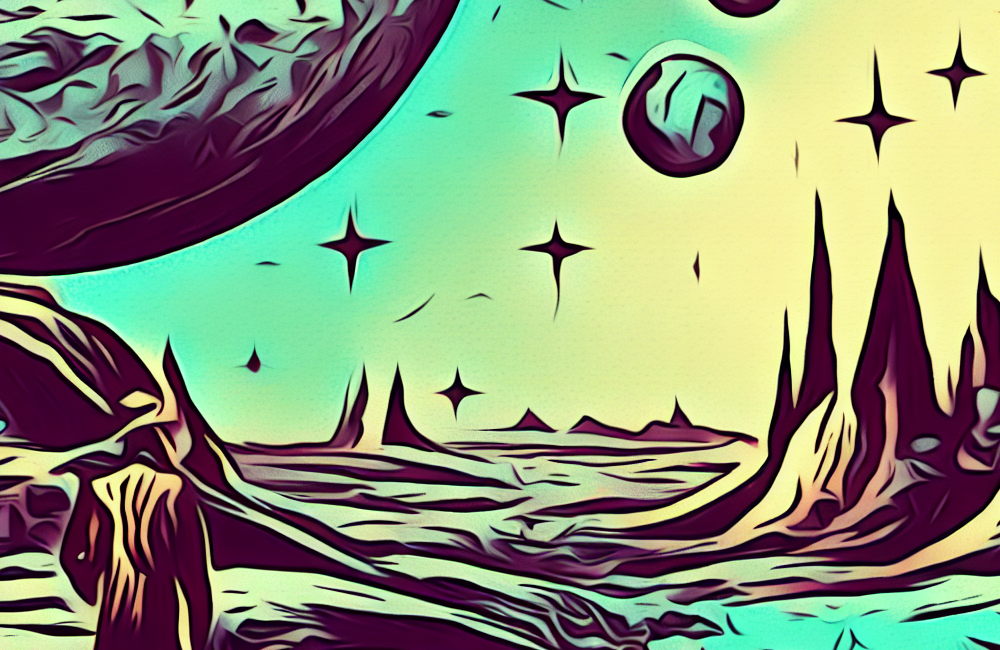The nature of reality is a captivating and profound philosophical inquiry that has intrigued thinkers, mystics, and scientists throughout history. It delves into questions of existence, perception, and the fundamental nature of the world around us. In this article, we embark on a journey to explore the depths of reality, considering diverse perspectives and contemplating the nature of our existence.
- The Illusion of Reality:
At first glance, reality appears as an objective and concrete entity that exists independently of our perception. However, various philosophical and scientific ideas challenge this assumption. Some argue that our understanding of reality is shaped by our subjective experiences, suggesting that our perceptions create an individualized version of reality, rather than an objective truth.
- Idealism: The Mind-Dependent Reality:
Idealism proposes that reality is fundamentally mental or consciousness-dependent. Advocates of this view contend that the external world exists within the realm of our minds, with the physical universe being a projection or construct of our perceptions and thoughts. According to this perspective, reality is inseparable from our conscious awareness.
- Materialism: The Physical Universe:
Materialism, often associated with scientific reductionism, posits that reality is composed solely of physical matter and the laws of physics. It asserts that everything, including our thoughts and consciousness, can ultimately be explained in terms of physical processes. Materialism seeks to understand the world through empirical observation and scientific exploration.
- Constructivism: Co-creation of Reality:
Constructivism suggests that reality is co-created through the interaction between external stimuli and our cognitive processes. It emphasizes the role of perception, socialization, and cultural influences in shaping our understanding of reality. According to this perspective, our experiences and interpretations actively contribute to constructing our individual and collective realities.
- Quantum Mechanics: The Enigma of Reality:
The field of quantum mechanics presents fascinating insights into the nature of reality. It reveals the fundamental indeterminacy and interconnectedness of particles, challenging our traditional notions of a deterministic and objective universe. Quantum phenomena, such as superposition and entanglement, hint at a reality that is probabilistic and inherently mysterious.
- Mystical and Spiritual Perspectives:
Mystical and spiritual traditions offer unique perspectives on the nature of reality. Concepts like transcendence, interconnectedness, and non-duality suggest that reality extends beyond the physical and material realm. These traditions often emphasize direct experience and inner contemplation as pathways to understanding the deeper nature of existence.
The nature of reality is a profound and multifaceted topic that continues to captivate our curiosity. From philosophical idealism and materialism to constructivism and quantum mechanics, diverse perspectives provide insight into the complexity of existence. While we may never fully grasp the true nature of reality, exploring these ideas expands our understanding and encourages a sense of wonder and humility. Ultimately, the quest for understanding reality invites us to reflect on the nature of perception, consciousness, and the intricate tapestry of our existence.

